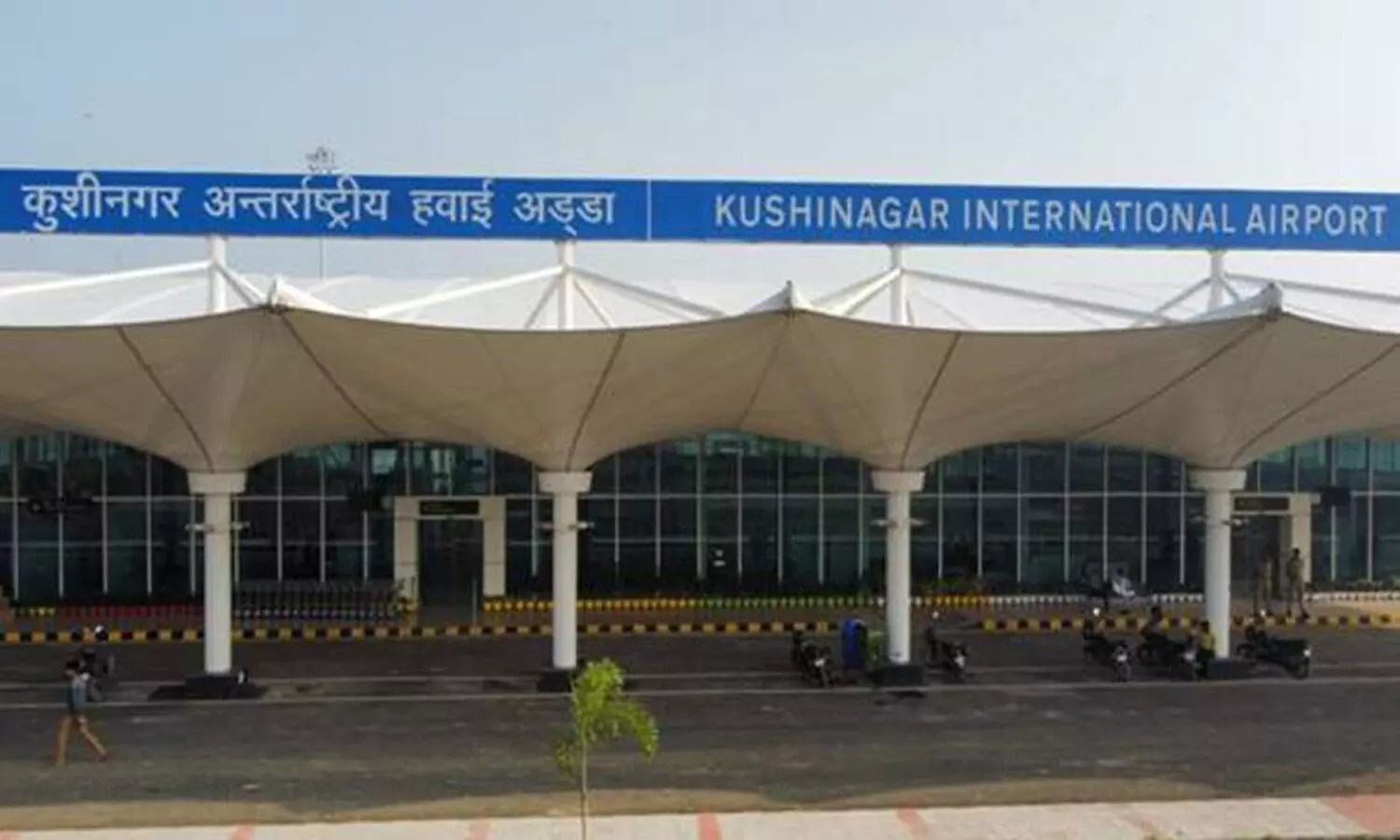TRENDING TAGS :
Revolutionizing Air Travel: The Rise of Facial Recognition at Airports
Learn how major airlines are embracing biometrics, the potential benefits, and the growing concerns about privacy.
Revolutionizing Air Travel: The Rise of Facial Recognition at Airports
Biometric technology is reshaping the landscape of air travel, promising to streamline processes and enhance security. The adoption of facial recognition at airports around the world, led by major airlines and government agencies, marks a significant shift in the way we navigate from check-in to boarding.
At La Guardia Airport's Terminal C, a glimpse into this transformative future unfolds. Travelers, previously burdened by traditional check-in procedures, experience a new, efficient reality. Approaching a kiosk adorned with an iPad, they undergo facial recognition, swiftly matching their image with a government database. Within moments, security clearance is granted, eliminating the need for physical IDs or boarding passes.
Experts suggest that 2024 could be the tipping point for widespread biometric use in air travel. Henry Harteveldt, a travel industry analyst, foresees a future where familiar airport rituals such as security screening, baggage drop, and boarding could seamlessly rely on facial recognition, reducing wait times and alleviating stress for travelers.
In the United States, major airlines are increasingly investing in facial recognition technology. The Transportation Security Administration (TSA), responsible for aviation security, has been at the forefront of these advancements. The TSA's PreCheck program, designed for low-risk travelers, utilizes biometric verification, significantly expediting security screening.
Facial recognition technology, experimented with by the TSA since 2019, is now operational at several airports, with plans for expansion. Delta Air Lines introduces the Delta Digital ID, enabling PreCheck travelers to use their faces instead of traditional documents at bag drop and security. Similar initiatives are being explored by American Airlines, United Airlines, and Alaska Airlines, reflecting a broader industry trend.
The implementation of facial recognition extends beyond domestic security measures. The Customs and Border Protection agency oversees the biometric system for international arrivals and departures in the United States. While enhancing security and processing efficiency, concerns about privacy and ethics loom large.
The future envisions a seamless air travel journey, where facial recognition plays a pivotal role in various stages, including bag drop, boarding, lounge access, and retail transactions within airports. Dr. Sheldon Jacobson, a computer science professor, describes this as the future of air travel.
International airports worldwide are embracing biometric technology. Singapore's Changi Airport plans to go passport-free for departures, Frankfurt Airport in Germany implements facial recognition from check-in to boarding, and China boasts extensive biometric technology deployment at its airports.
Your Wedding Planning Checklist: A Guide & Timeline- Click Here
However, critics raise valid concerns. The American Civil Liberties Union (ACLU) questions the necessity of facial recognition technology at airports, citing potential abuse and privacy issues. A congressional bill, the Traveler Privacy Protection Act, aims to halt the TSA's ongoing facial recognition program, requiring congressional authorization to resume.
As we stand at the crossroads of technological advancement and privacy considerations, the journey towards a seamlessly biometric-enabled air travel experience unfolds, posing challenges that the industry and policymakers must navigate thoughtfully.



